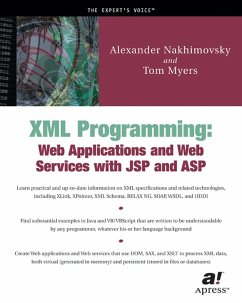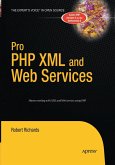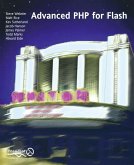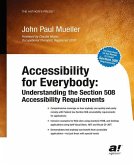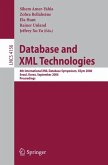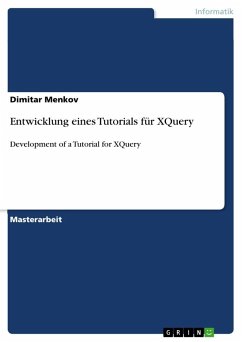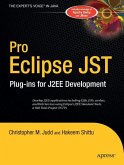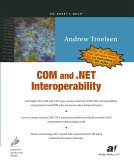XML Programming: Web Applications and Web Services with JSP and ASP provides a fast-moving introduction to the XML family of technologies for programmers. Although written with a focus upon JSP- and ASP-based XML solutions, the book presents the material from a language-independent point of view that benefits all developers, whatever their language. The code is written to be readable by all.
Chapters 1 through 3 cover the foundations of XML well-formed and valid documents, DTDs and namespacesbut XLink, XPointer, and elements of XSLT are introduced early so the examples can be interesting and useful. Chapters 4 through 6 cover XML processing using SAX, DOM, and XSLT, separately and in various combinations. Each chapter progresses from simple to advanced examples.
Chapter 7 is devoted to the development of a real world project involving the use of various XML technologies to create an information repository. In the context of the project, the authors present RDF and the Dublin Core; revisit XPath, XLink, and XPointer; and show how XML data can live inside a relational database. Chapter 8 introduces the newer validation technologies (RELAX NG and XML Schema), in preparation for the final chapter on Web services. In the concluding chapter, the authors not only explain the specifications, but also build working examples: You're shown, step-by-step, how to convert a software module into a Web service, how to generate a WSDL description from code, how to use WSDL to generate stubs and skeletons for distributed language-independent applications, and how to register such applications with a UDDI repository, either local or on the Internet.
XML Programming: Web Applications and Web Services with JSP and ASP is an indispensable resource for programmers who wish to become proficient in XML technologies and use them for solving large-scale, real-life problems.
Chapters 1 through 3 cover the foundations of XML well-formed and valid documents, DTDs and namespacesbut XLink, XPointer, and elements of XSLT are introduced early so the examples can be interesting and useful. Chapters 4 through 6 cover XML processing using SAX, DOM, and XSLT, separately and in various combinations. Each chapter progresses from simple to advanced examples.
Chapter 7 is devoted to the development of a real world project involving the use of various XML technologies to create an information repository. In the context of the project, the authors present RDF and the Dublin Core; revisit XPath, XLink, and XPointer; and show how XML data can live inside a relational database. Chapter 8 introduces the newer validation technologies (RELAX NG and XML Schema), in preparation for the final chapter on Web services. In the concluding chapter, the authors not only explain the specifications, but also build working examples: You're shown, step-by-step, how to convert a software module into a Web service, how to generate a WSDL description from code, how to use WSDL to generate stubs and skeletons for distributed language-independent applications, and how to register such applications with a UDDI repository, either local or on the Internet.
XML Programming: Web Applications and Web Services with JSP and ASP is an indispensable resource for programmers who wish to become proficient in XML technologies and use them for solving large-scale, real-life problems.

